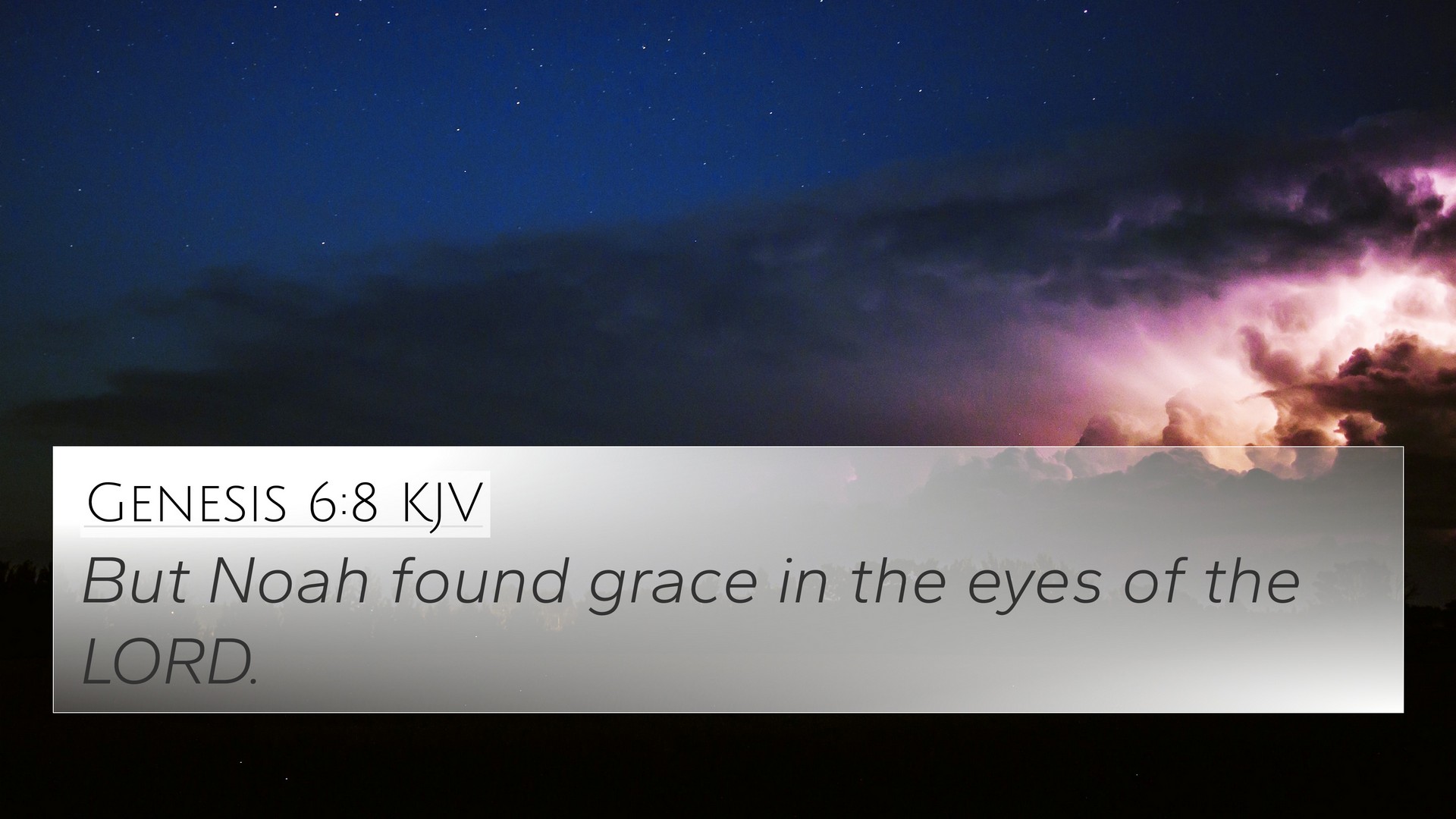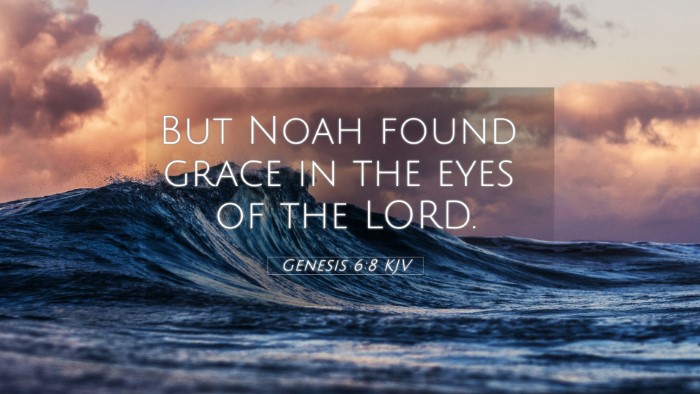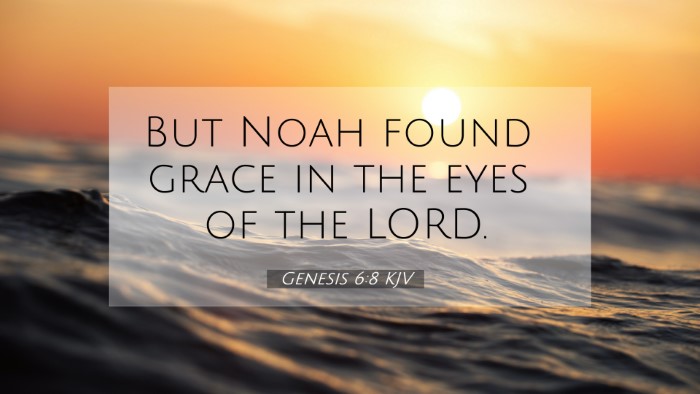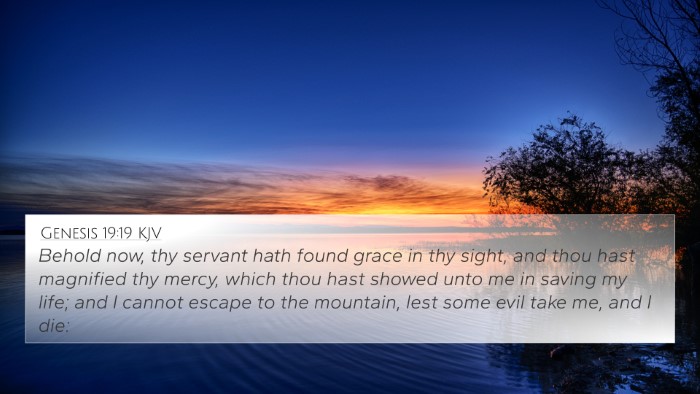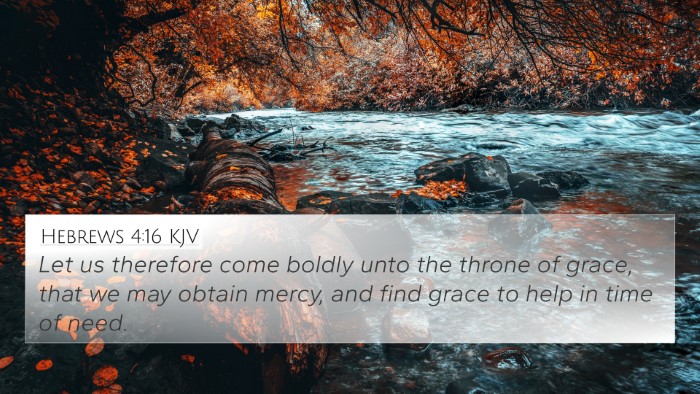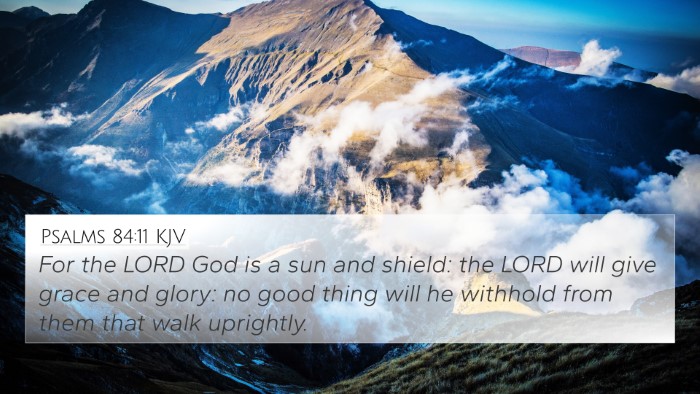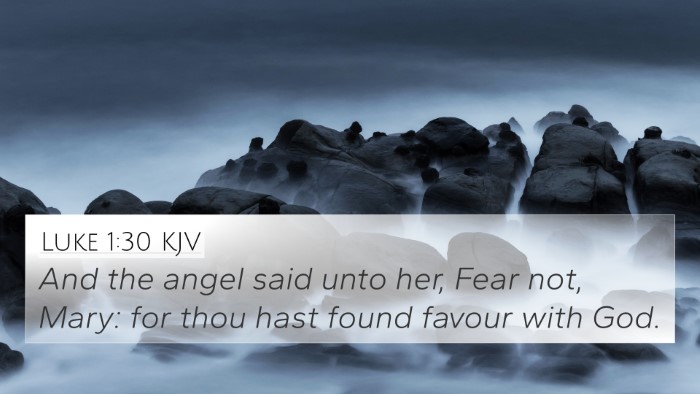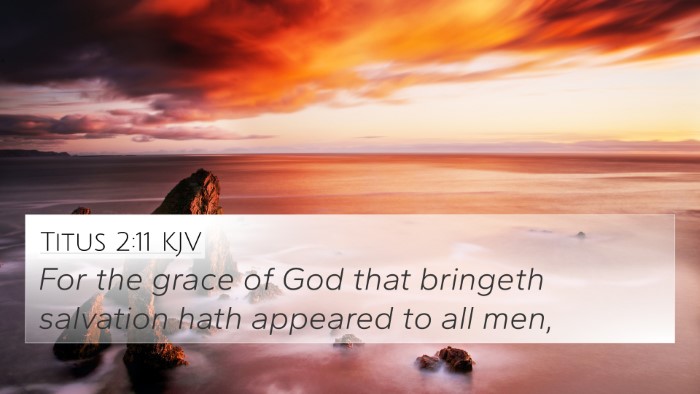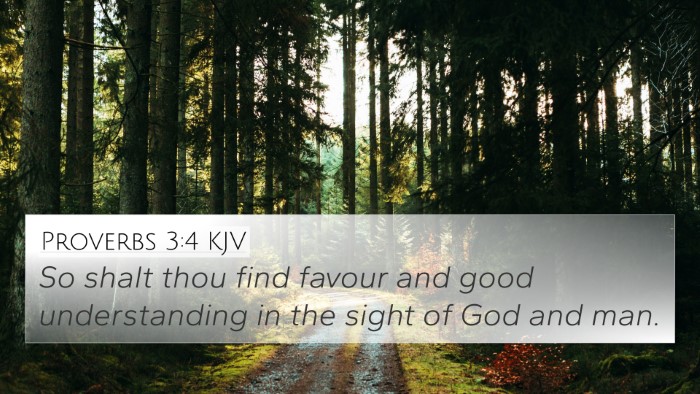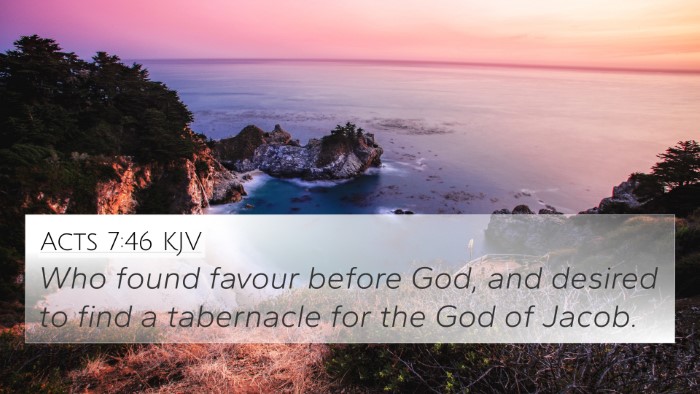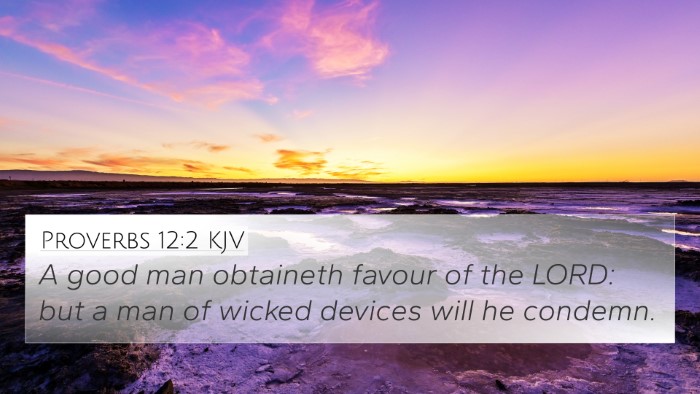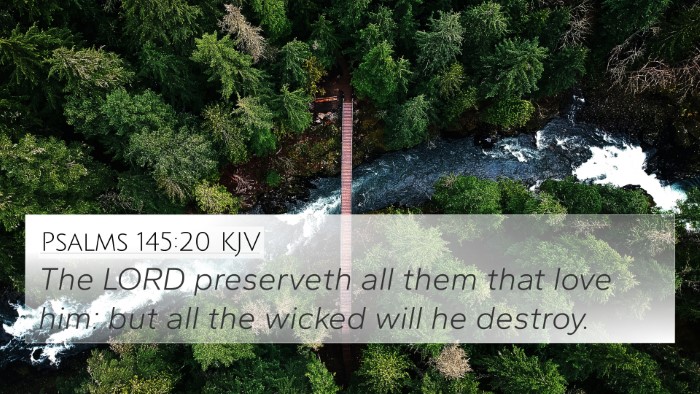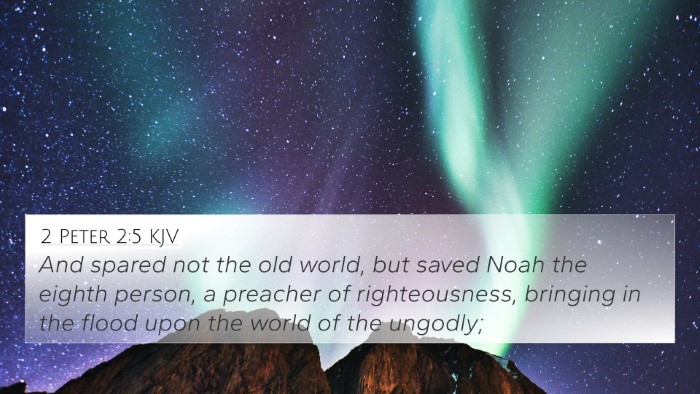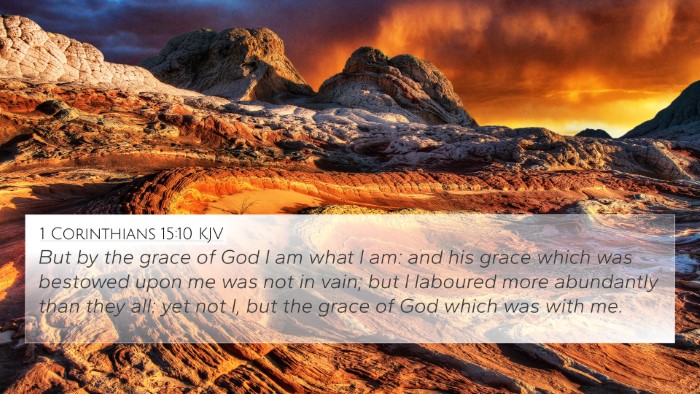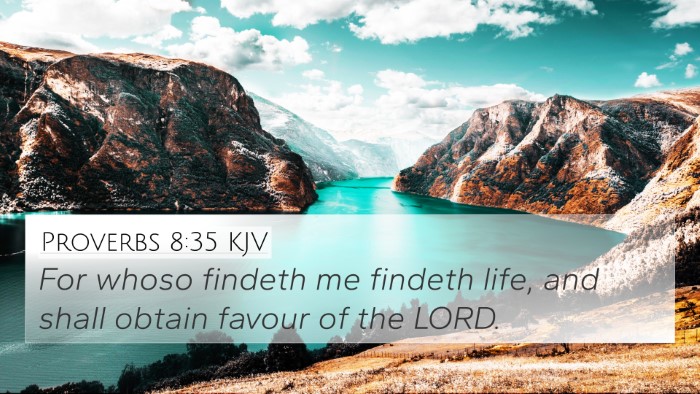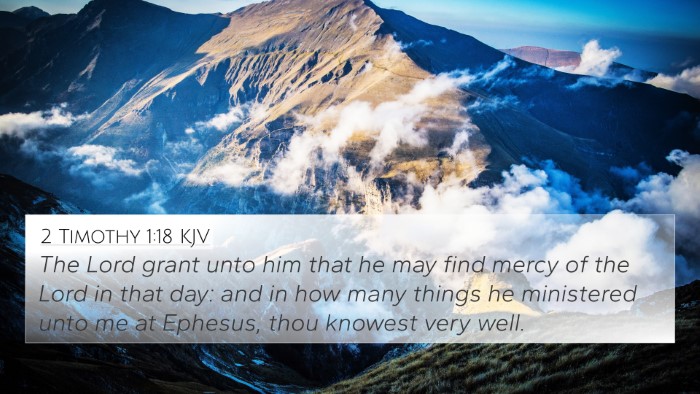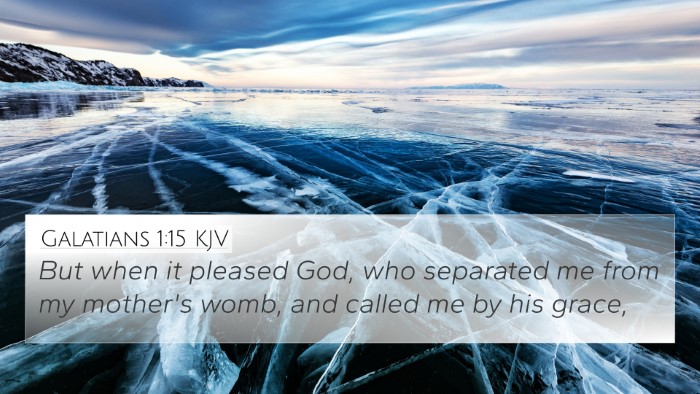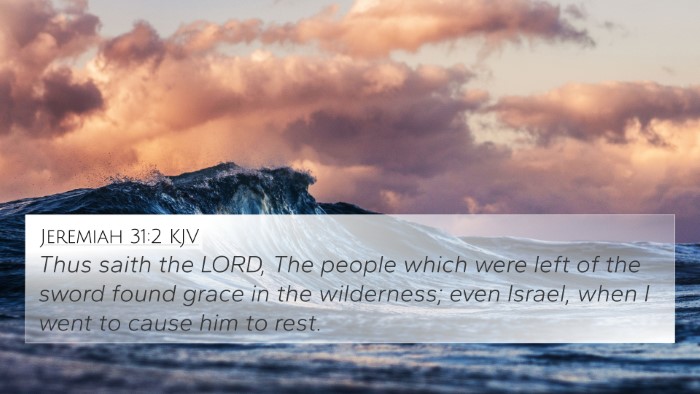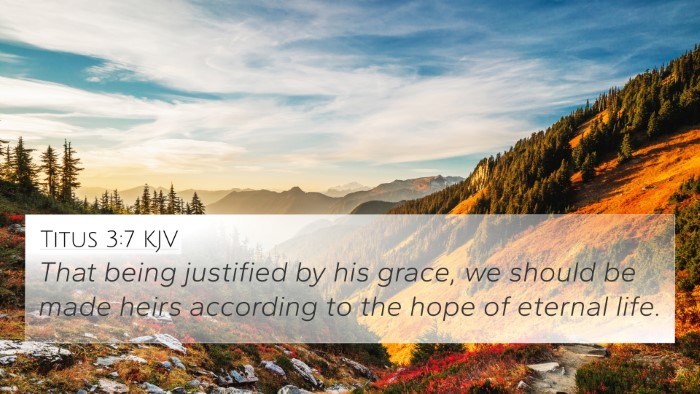Understanding Genesis 6:8
Genesis 6:8 states, "But Noah found grace in the eyes of the Lord." This verse marks a turning point in the narrative of the Flood, highlighting God's mercy amidst impending judgment. Below, we summarize the meanings and insights gleaned from several public domain commentaries.
Commentary Insights
Matthew Henry's Commentary
Matthew Henry emphasizes the significance of Noah's character, noting that he was a man of righteousness in a corrupt world. Henry points out that this grace signifies not only God's favor but also the special election of Noah as a vessel of salvation, indicating that God can find a remnant even in great wickedness.
Albert Barnes' Notes
Albert Barnes elaborates that Noah's finding grace implies the undeserved nature of God’s favor. He explains that it was not Noah's righteousness that earned him this grace, but rather God's sovereign choice. This verse illustrates the theme of divine grace as an essential concept in the relationship between God and humanity.
Adam Clarke's Commentary
Adam Clarke highlights the importance of the term "grace" in this context. He interprets grace as God's unmerited favor and protection for Noah and his family. Clarke points out that this grace is also a foreshadowing of God's mercy towards humanity as a whole, as it signifies a plan for redemption amid judgment.
Thematic Connections
Genesis 6:8 opens a discussion on several important themes in the Bible, including grace, judgment, and the character of God. Here, we will explore connections between this verse and related scripture.
- Ephesians 2:8-9: "For by grace you have been saved through faith." This New Testament verse reinforces the concept of grace as a central theme in God’s dealings with humanity.
- Romans 5:8: "But God shows his love for us in that while we were still sinners, Christ died for us." This reflects God’s grace towards sinners, echoing the sentiment found in Genesis 6:8.
- Hebrews 11:7: "By faith Noah, being warned of God... prepared an ark." This verse connects with the righteousness of Noah, underlining his faith which was pivotal in receiving God's grace.
- 2 Peter 2:5: "And did not spare the ancient world, but preserved Noah, a herald of righteousness." This suggests that Noah's role was significant in God’s plan for salvation.
- Genesis 18:23-32: Abraham’s intercession for Sodom demonstrates God's mercy and willingness to spare the righteous amid the wicked.
- Isaiah 54:9-10: "For this is like the days of Noah to me..." God’s promises post-flood reflect His constant grace and covenant with humanity.
- Acts 10:34-35: "God shows no partiality, but in every nation anyone who fears him and does what is right is acceptable to him." This illustrates the broader scope of grace beyond Israel.
Cross-Referencing Biblical Texts
Genesis 6:8 serves as a profound example of linking Bible scriptures and drawing parallels. Understanding how scripture correlates enriches our study and reveals the cohesive narrative of God's redemptive plan. Here are some tools and concepts to aid in cross-referencing:
- Bible Concordance: An essential resource for locating related verses.
- Bible Cross-Reference Guide: Guides to help trace themes and concepts throughout scripture.
- Cross-Referencing Bible Study: Methods to discover parallels between Old and New Testament writings.
- How to Use Bible Cross-References: Strategies for integrating cross-references into personal study.
- Bible Chain References: Following thematic chains that connect key concepts in scripture.
Conclusion
Genesis 6:8 not only highlights Noah's unique experience but also opens the door to a deeper understanding of divine grace and judgment throughout the scriptures. By examining related verses, we appreciate the greater narrative of salvation that spans both the Old and New Testaments.
For those seeking to find connections between Bible verses and enhance their studies through cross-referencing, exploring commentary insights and utilizing reference tools will prove beneficial.
